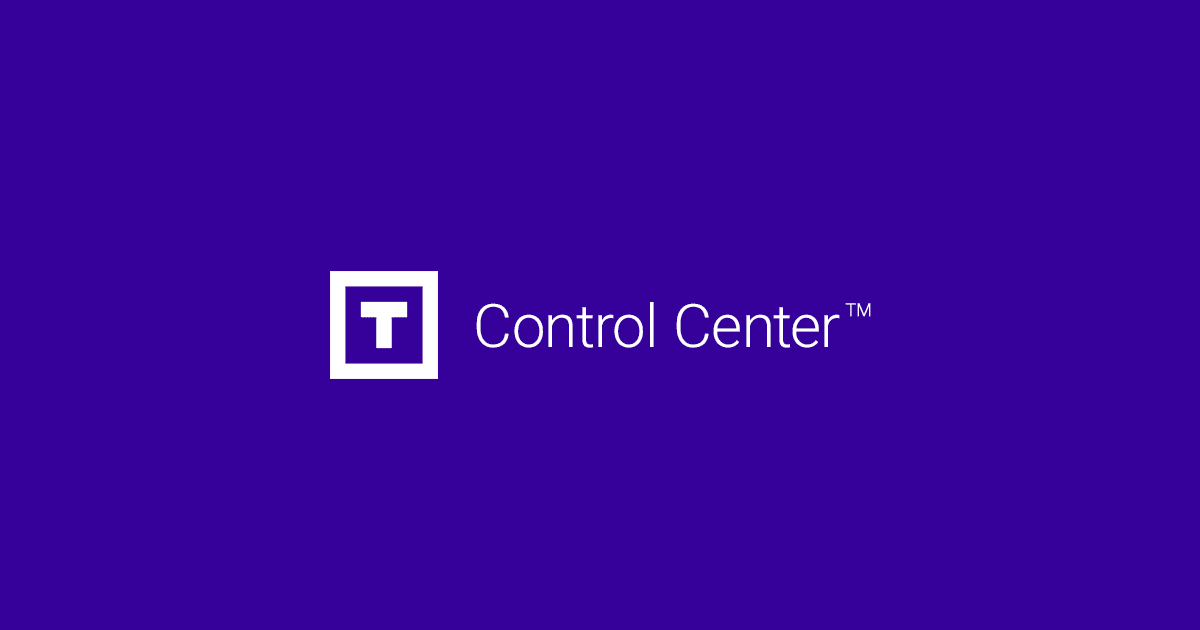
Eco-friendly hosting, also known as green hosting, is a type of web hosting service that focuses on reducing the environmental impact of the data centers that house websites. Data centers are facilities that consume large amounts of energy to keep servers and cooling equipment running. Eco-friendly hosting seeks to minimize this energy consumption and use renewable energy sources to reduce the carbon footprint.
Why is eco-friendly hosting important?
The environmental impact of the technology industry is significant. It is estimated that data centers are responsible for a considerable portion of global electricity consumption and greenhouse gas emissions. As internet use continues to grow, so does the demand for energy to keep websites online. Eco-friendly hosting emerges as a solution to mitigate this environmental impact and promote a more sustainable use of technology.
How does eco-friendly hosting work?
Eco-friendly hosting providers implement various strategies to reduce their environmental impact, including:
- Use of renewable energy: Eco-friendly hosting providers invest in the use of renewable energy sources such as solar, wind, or hydroelectric power to run their data centers. This reduces dependence on fossil fuels and decreases carbon emissions.
- Optimization of energy efficiency: Green data centers implement technologies and practices that maximize energy efficiency, such as using low-consumption servers and cooling equipment, optimizing airflow, and implementing energy management systems.
- Carbon offsetting: Some eco-friendly hosting providers offset the carbon emissions they cannot avoid by investing in renewable energy projects or purchasing carbon credits.
Benefits of eco-friendly hosting for businesses
In addition to the environmental benefits, eco-friendly hosting can offer advantages for businesses:
- Positive brand image: Companies that adopt sustainable practices, such as eco-friendly hosting, can improve their brand image and attract customers and business partners who value environmental responsibility.
- Cost savings: In the long run, eco-friendly hosting can be more cost-effective than traditional hosting, as renewable energy is often cheaper than fossil fuels.
- Improved website performance: Eco-friendly hosting providers often use state-of-the-art technologies and equipment, which can translate into better performance and faster loading times for websites.
How to choose an eco-friendly hosting provider
When choosing an eco-friendly hosting provider, it is important to consider the following aspects:
- Renewable energy sources: Ensure that the provider uses renewable energy to power its data centers. Some providers even specify the percentage of renewable energy they use.
- Energy efficiency: Research the energy efficiency practices that the provider implements in its data centers.
- Certifications and recognitions: Look for providers that have certifications or recognitions in sustainability, such as ISO 14001 or recognized sustainability initiatives.
- Reputation and transparency: Read reviews and opinions from other customers to learn about the provider's reputation and commitment to sustainability.
In summary
Eco-friendly hosting is a sustainable alternative for businesses that want to reduce their environmental impact and contribute to a greener future. By choosing an eco-friendly hosting provider, businesses can benefit from both caring for the environment and from economic and performance advantages.




